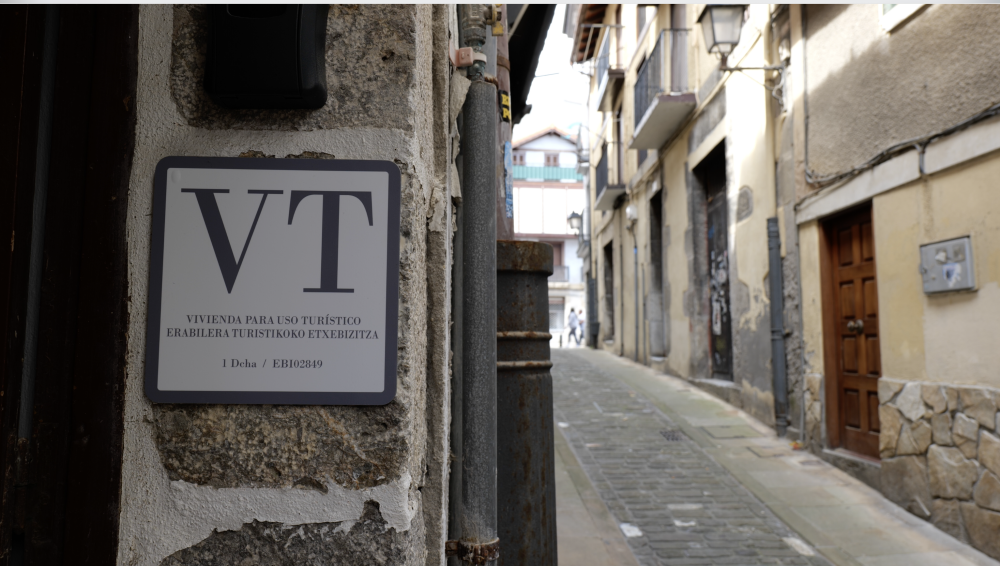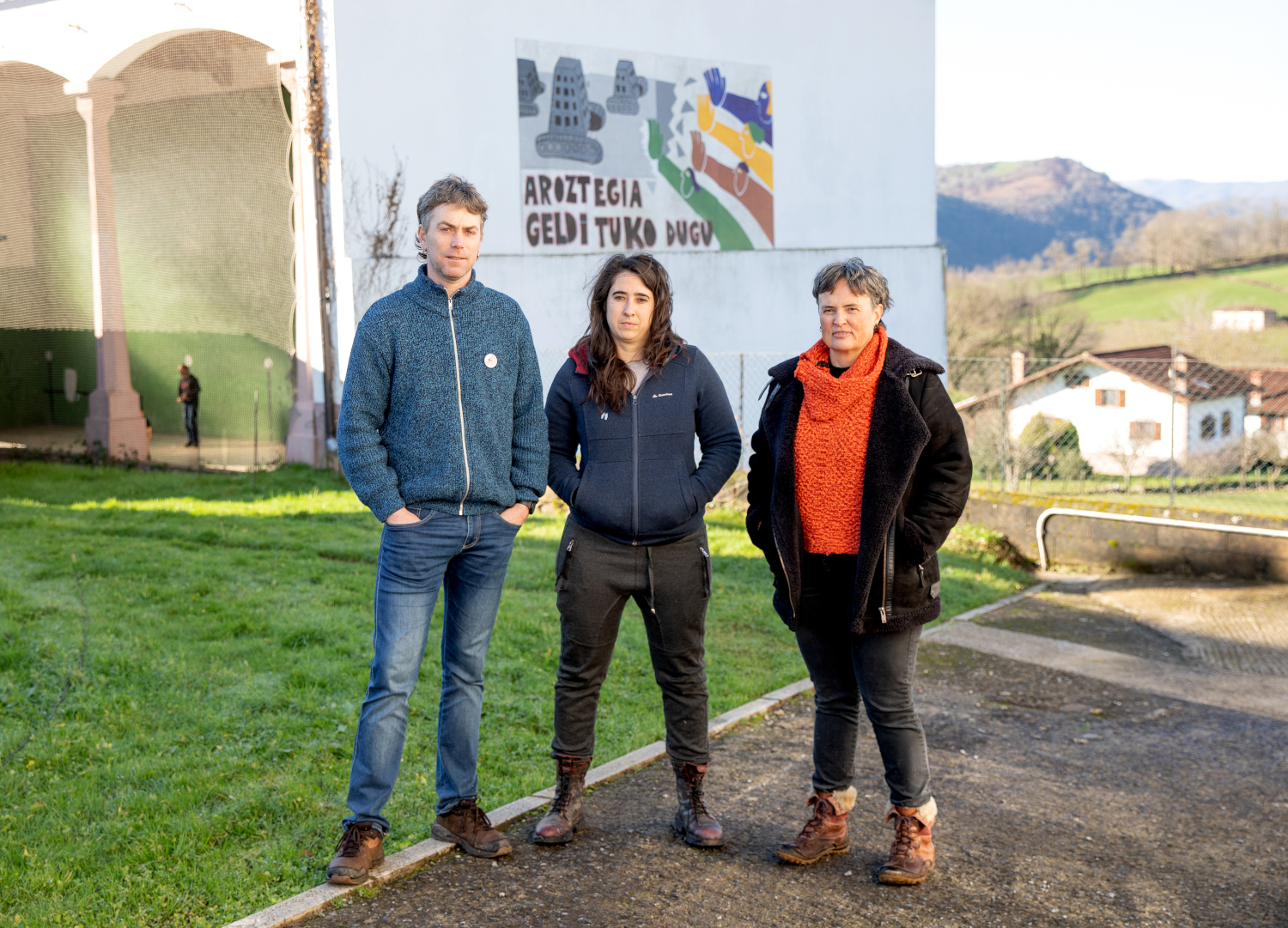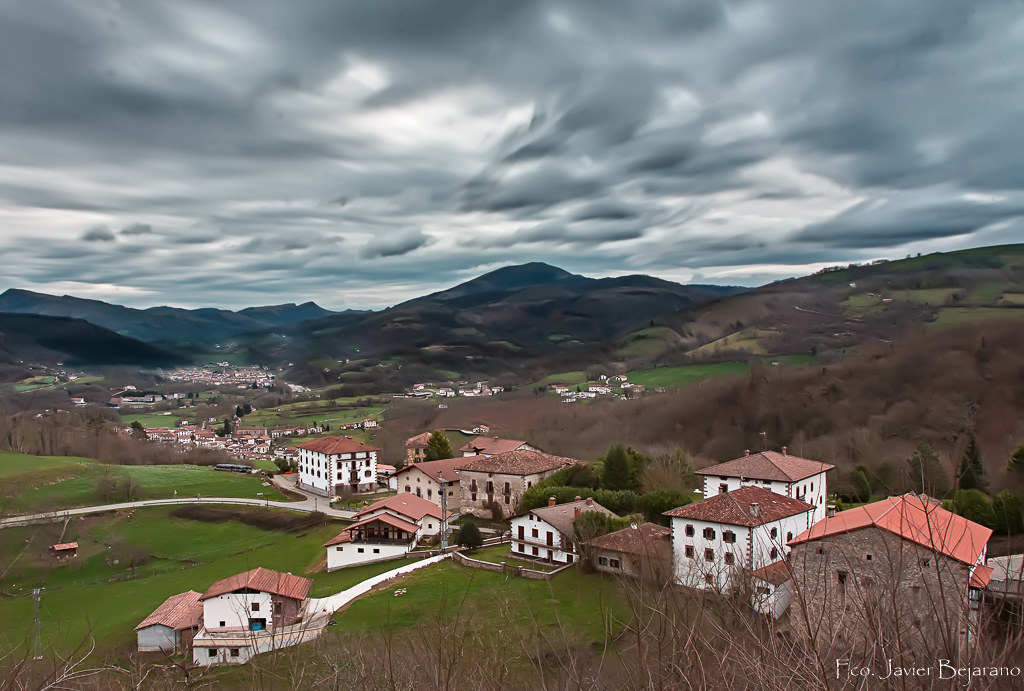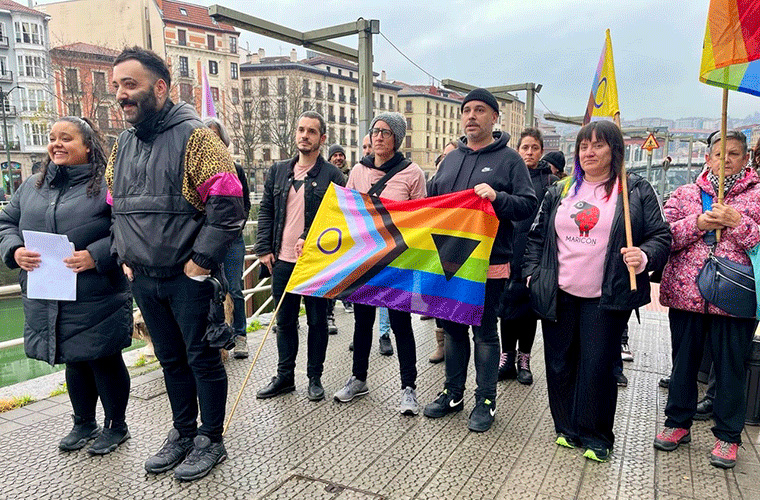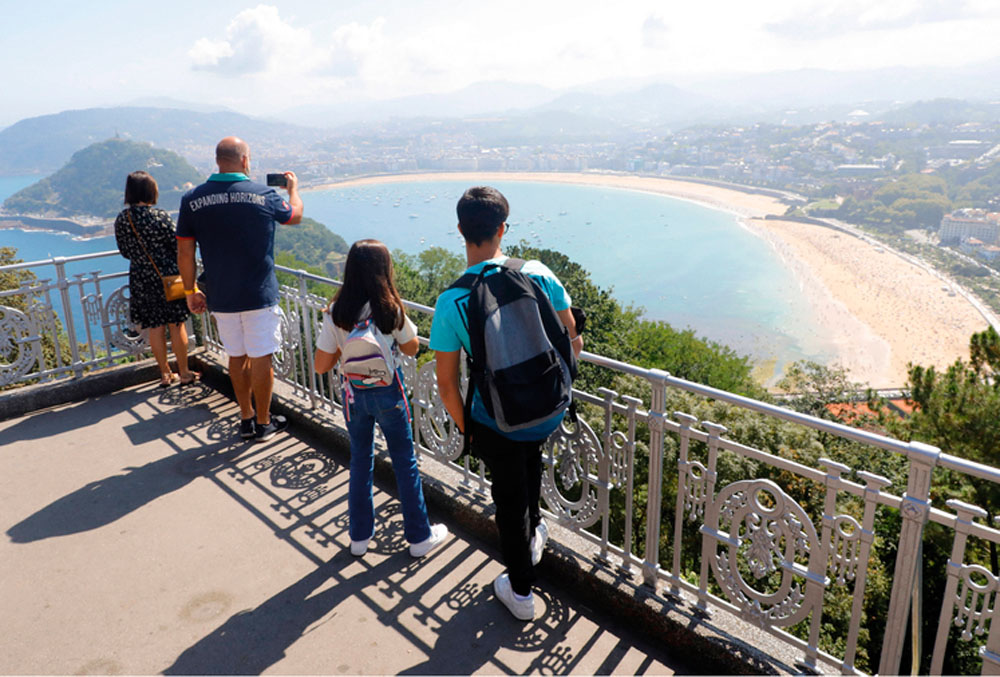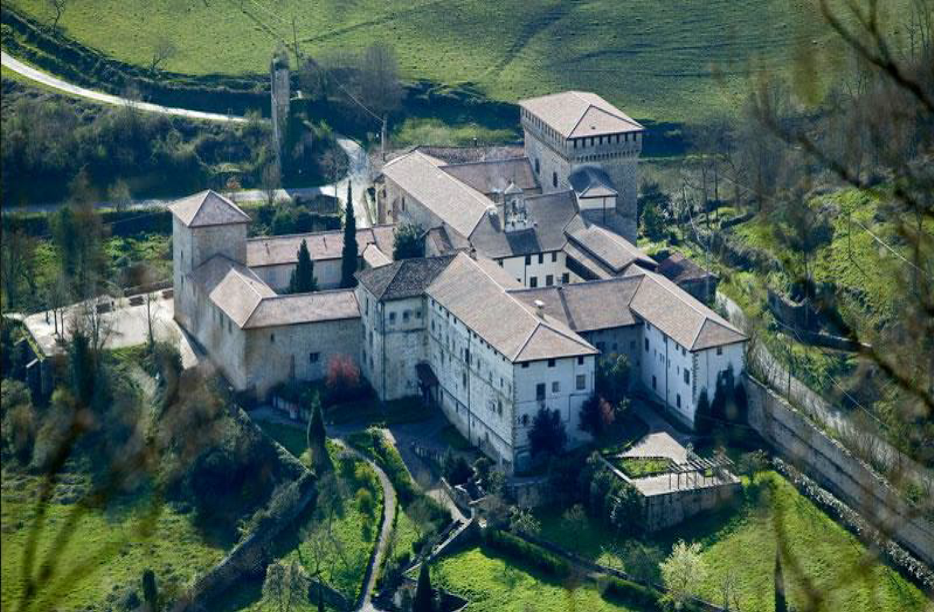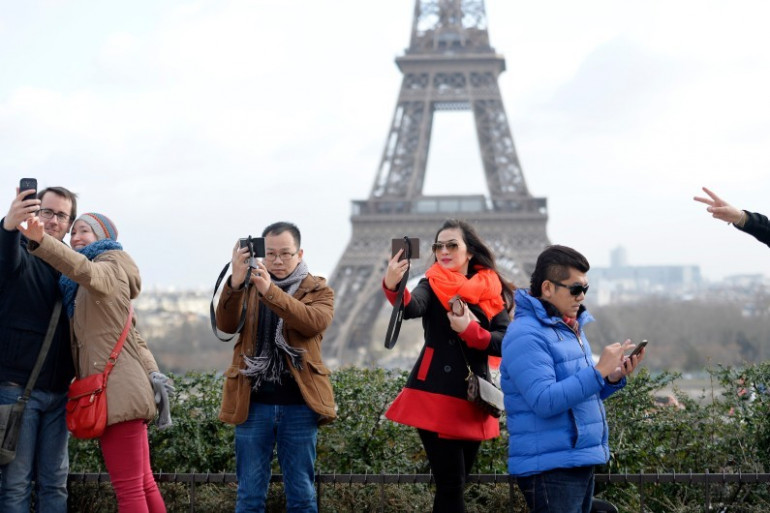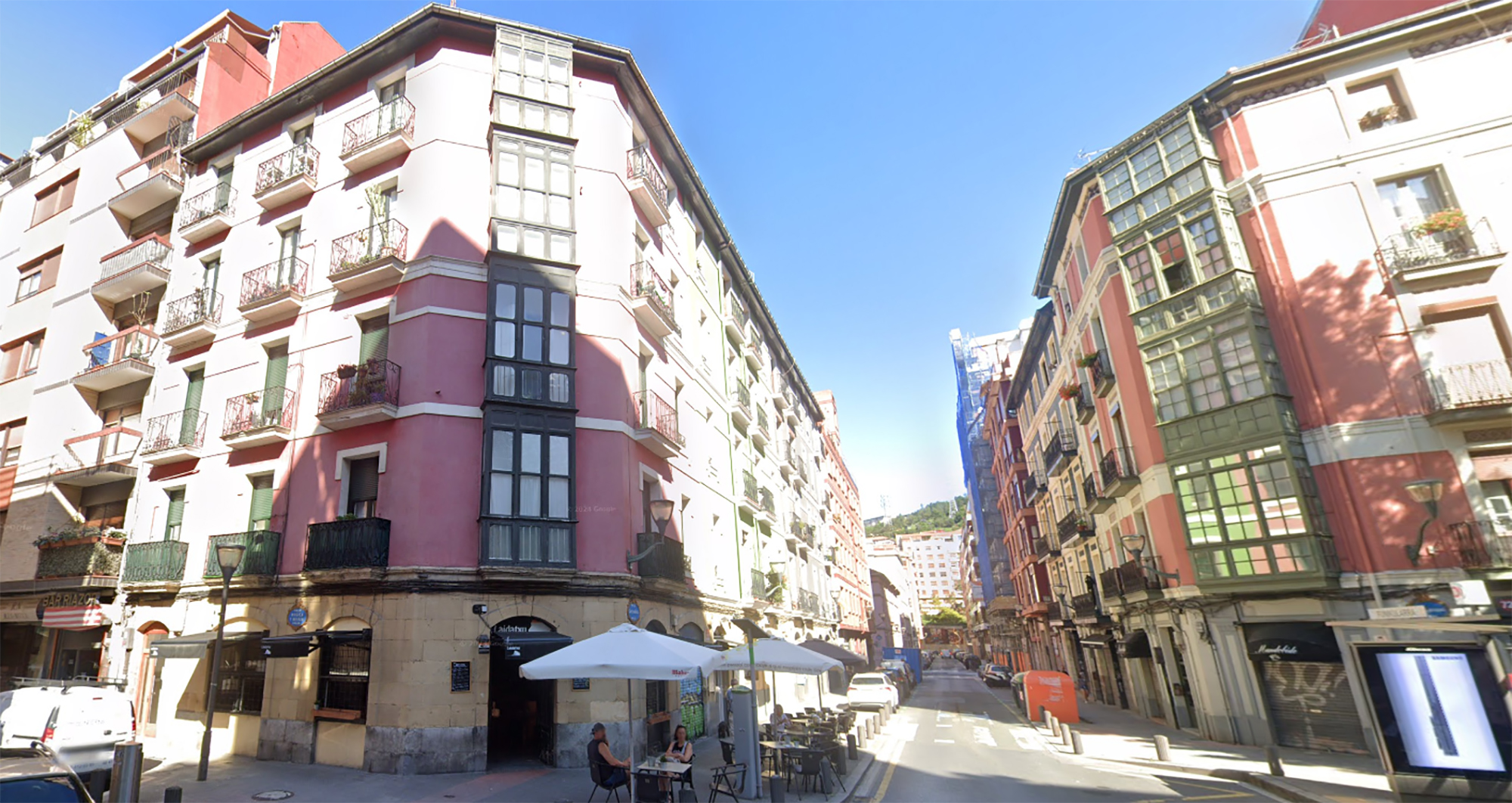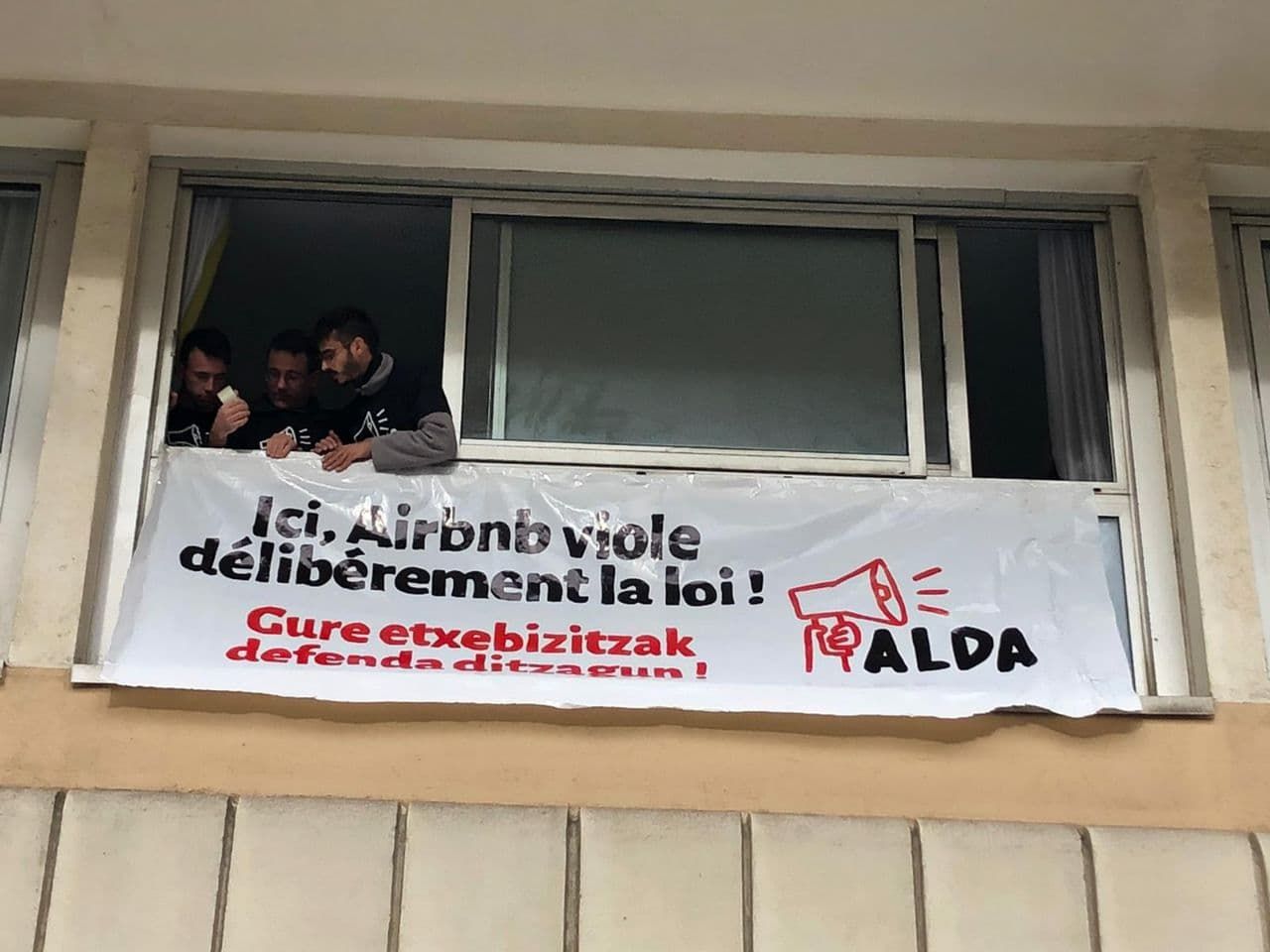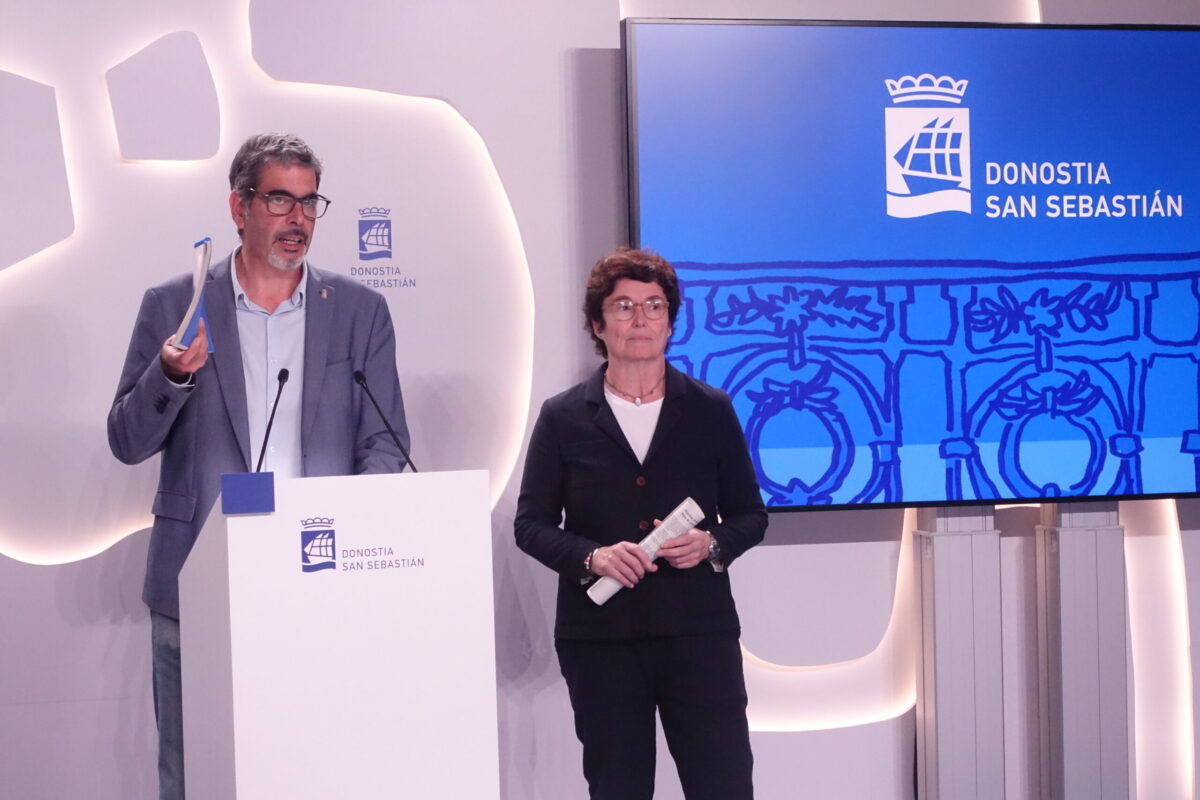Presentation of the international network of cities affected by tourism, where Donostia and Pamplona are present
- Several popular movements in Southern Europe that have met and shared their concerns in recent months have reported the creation of the SET network: Network of Southern European Cities in Front of Tourism. "Because collaboration enriches and strengthens us, we intend to strengthen relationships. Pamplona and Donostia are part of the network.

“We are organizing ourselves in defense of our social rights, especially the right to decent and affordable housing and the right to the city.”
This is what the popular movements of different cities in Southern Europe say after the processes of touristing in recent years. "We have found similarities with each other and we have concluded that it is convenient and necessary to create an international network of cities affected by the tourist industry," they say in the manifesto that is read in its entirety below.
The aim of this alliance, they report, is to raise public awareness and pressure administrations to regulate the tourism economy according to criteria of economic, social and environmental sustainability. "Our goal is not only to develop mutual support and learn from each other, but also to spread this struggle to other cities and territories; in this way we will create a diverse voice that comes from the South of Europe and makes a strong critique of the current model. This manifesto is only the first step in the internationalization of the fight against the tourism of cities and territories, while it works to debate, reflect and mobilize together"
They also made a video. At the moment it is only in Spanish and it has been reported that it is in Basque.
Read the presentation document as it stands
We are currently witnessing and experiencing a multitude of denunciations, mobilizations and resistance initiatives in different cities of Southern Europe, in order to face the processes of touristic development that are taking place there. Local agents and collectives (Venice, Valencia, Seville, Pamplona, Palma, Lisbon, Malaga, Malta, Madrid, Girona, Canary Islands, San Sebastian, Camp de Tarragona, Barcelona) have come together to share and exchange experiences and knowledge in a multitude of initiatives that have been carried out for a year and a half.
While each of these cities has separate conflicts, there are some that are common:
- The most important and widespread is the expansion of precarization and the reduction of the right to housing, especially in terms of access to housing and the increase in rental prices. All this is recognized by national legislation and directly affects the most mature sectors of the population and those with the least economic capacity. All this is based on the so-called financial crisis of 2008/2012, which led to the beginning of the cycle of real estate speculation; investment funds and real estate agents began to buy a lot of houses and destined them for tourist use. As a result of this use, these houses ceased to be homes and there was gentrification, evictions and the eviction of neighborhoods, in clear violation of social rights.
- Increase and transform local commerce by specializing in sterile tourist uses for the daily life of local residents. As a result, residents are forced to travel longer and have a direct impact on those with reduced mobility and/or adults.
- Massification of streets and squares. This causes damage to the daily life of the residents; both in terms of rest and in terms of the use of public space.
- Saturation of the public transport network.
- Specialization of the urban economy with a focus on the tourism sector, which tends to become a dominant and unique sector.
- Precarization of the working conditions of the natives. The professions in the tourism sector (hospitality, catering, commerce) are those who suffer the worst working conditions: low wages, contracts (if they exist), fraud in declared hours, subcontracting, etc.
- Generate pollution (planes, cruises, cars...) and a high amount of waste due to the high level of consumption, especially the type of “use and disposal” consumption that characterises the unregulated tourist industry. Massive use of local resources – water and territory – and denial of the right to a healthy environment.
- Continuous expansion and disproportionate use of infrastructures (roads, ports, airports, treatment plants, desalination plants...). These entail a distortion of the territory, as well as expropriations and high costs for the residents. This type of process saturates the accesses and provokes a competition for the acquisition of territory, with basic activities and services that end up being lost: jobs, schools, hospitals, etc.
- Cancellation of urban and natural environments, because they have been transformed into theme parks. In the urban environment there is a spoliation and commercialization of the heritage, while in the natural environments there is a disappearance of its use for fishing, livestock and agriculture. In both cases, the objective is an unlimited tourist exploitation.
In the face of the aforementioned and other shocks, the inhabitants of the cities that are experiencing tourism, we are organizing ourselves in defense of our social rights, especially the right to decent and affordable housing and the right to the city. The starting point of the collective work that we carry out in our cities and territories is often to expose these clashes; as well as to raise awareness about the issue, criticize the model and denounce its consequences; the next step is the development of alternatives to the existing model.
Examples of the latter are the imposition of limits on the tourist industry, the adoption of separate fiscal policies for housing and accommodation, the desturisation of the urban economy, or the development of other just economies - socially and environmentally - linked to the degrowth of tourism.
The impact of all these problems on the cities is not homogeneous, but diverse; it depends on the degree of tourisification they experience. Therefore, we can see more serious situations such as those in Venice, Palma or Barcelona, where local movements have necessarily developed proposals for a change of model; there are other situations, such as Valencia, Madrid or Lisbon, where although they are immersed in violent high-speed tourism processes, they still have the possibility of achieving a certain balance through policies of prevention and slowdown or weakening.
In these matters, as in many others, we have found similarities between the cities mentioned and others, concluding that it is desirable and necessary to create an international network of cities affected by the tourist industry.
The aim of this alliance of collectives and popular movements is to raise public awareness and pressure administrations to regulate the economy of tourism according to criteria of economic, social and environmental sustainability.
Our goal is not only to develop mutual support and learn from each other, but also to spread this struggle to other cities and territories; in this way we will create a diverse voice that comes from the South of Europe and makes a strong critique of the current model. This manifesto is only the first step in the internationalization of the struggle against the tourism of cities and territories, while it works to debate, reflect and mobilize together.
2020. urteko udaberrian lorategigintzak eta ortugintzak hartutako balioa gogoan, aisialdi aktibitate eta ingurune naturalarekin lotura gisa. Terraza eta etxeko loreontzietan hasitako ekintzak hiriko ortuen nekazaritzan jarraitu du, behin itxialdia bareturik. Historian zehar... [+]
Tasa edo zerga turistikoaren eztabaida urtetan luzatzen ari da, erakunde publikoetan ordezkaritza duten indar politikoen artean zabala den arren ezarri beharraren gaineko adostasuna. Eztabaidetako bat da zerga hori zein erakundek kobratuko duen: zenbait udalek (tartean... [+]
Ilbeltzeko igande goiz batez jo dugu Baztanera. Eguzkiak oraindik ez du Lekarozko plaza argitu; bertan elkartu gara Garbiñe Elizegi Narbarte, Itziar Torres Letona eta Ernesto Prat Urzainkirekin. Itzaletan hotz egiten du eta umorez goxatu dugu lehen agurra, hogei urtean... [+]
EHGAMek Axel hotelaren irregulartasunei jarritako helegitearen inguruko isiltasun administratiboaren ondoren, hotelaren itxiera eskatzen du eta hainbat eragileekin batera prentsaurrekoa eman dute.
Frantziako Estatuko diputatuak eta senatariak ados jarri dira. Orain arte, alokairu turistiko bat alokatzen zutenek etekinen %50 zergapetik kentzeko aukera zuten, urte osoko alokatzaileek, berriz, %30. Lege proposamenak biak hein berdinera ekarriko ditu, hots, %30era.
A long weekend. We've turned around the environment and we've taken advantage of it to make the picoteo. Tourists making selfies. Routes for tourists, rentals, shops, hotels, parkings, menu dishes, sign signs in all languages of the world. Tourists turn the usual places into... [+]








